Healing from Within: Stem Cell Treatment for Autoimmune Disease in Colombia
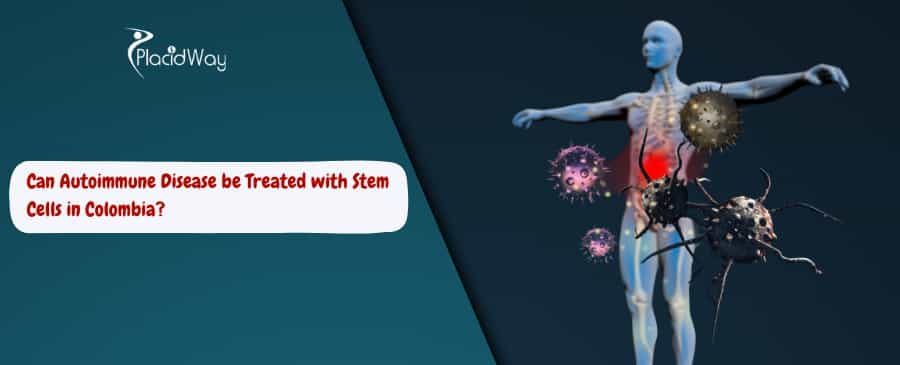
Stem cell therapy for autoimmune diseases has become a topic of great interest for many people seeking alternative or complementary treatments. Traditional treatments often focus on managing symptoms with medication that can have significant side effects. This has led to a growing number of people looking for new approaches, and regenerative medicine, particularly stem cell therapy, has emerged as a promising area. Colombia has gained a reputation as a leading destination for this kind of treatment, attracting patients from around the world. But what exactly does this treatment involve, is it safe, and is it a viable option for those living with an autoimmune disease?
This detailed guide will explore everything you need to know about getting stem cell treatment for autoimmune diseases in Colombia. We will cover the types of stem cells used, the conditions that can be treated, the typical costs, and the important factors you need to consider before making a decision. Our goal is to provide you with clear, helpful, and comprehensive information that addresses the most common questions you might have. You will learn about how stem cells work to modulate an overactive immune system and help the body heal itself, which is a fundamental aspect of addressing many autoimmune conditions.
By the end of this blog post, you will have a much better understanding of whether stem cell therapy in Colombia could be a suitable option for you or a loved one. We will provide detailed answers to key questions people are asking on various platforms, from forums to search engines, ensuring you have all the facts to make an informed choice about this advanced medical procedure.
Can autoimmune disease be treated with stem cells in Colombia?
In Colombia, a number of clinics specialize in regenerative medicine, offering stem cell therapy for a variety of conditions, including autoimmune diseases. The primary goal of using stem cells in this context is to address the underlying cause of autoimmune conditions: an overactive immune system that mistakenly attacks the body's own tissues. Mesenchymal Stem Cells (MSCs), often sourced from umbilical cord tissue, are particularly popular for this purpose because of their potent immunomodulatory and anti-inflammatory properties.
When administered, these stem cells can "re-educate" the immune system, calming the inflammatory response and preventing it from further damaging the body. They also promote tissue repair and regeneration in areas that have been affected by chronic inflammation. While this is not a one-time fix, many patients report noticeable improvements in symptoms such as chronic pain, fatigue, and mobility issues. The legal framework in Colombia, overseen by institutions like the National Institute of Food and Drug Monitoring (INVIMA), is considered more progressive regarding regenerative medicine compared to some other countries, which has contributed to its growth as a medical tourism destination.
How do stem cells help with autoimmune diseases?
The mechanism by which stem cells, particularly MSCs, interact with the immune system is complex and highly effective. Here's a breakdown of how they work:
- Immunomodulation: MSCs have the ability to suppress the activity of T-cells and B-cells, which are the immune cells responsible for the autoimmune attack. By modulating these cells, MSCs can "turn down the volume" of the immune system's overreaction, preventing it from causing further damage to healthy tissues.
- Anti-inflammatory Properties: Stem cells secrete a variety of growth factors, cytokines, and other molecules that have powerful anti-inflammatory effects. This helps to calm the widespread inflammation that is characteristic of most autoimmune conditions, providing relief from symptoms like pain, swelling, and redness.
- Tissue Regeneration: Chronic inflammation and immune attacks can lead to significant tissue damage over time. Stem cells can differentiate into other cell types and also signal to the body's native stem cells to initiate repair and regeneration of damaged tissues, whether it's cartilage in the joints (as in rheumatoid arthritis) or myelin sheaths in the nervous system (as in multiple sclerosis).
The combination of these effects allows stem cells to provide a holistic approach to managing autoimmune diseases, addressing both the symptoms and the underlying immune system dysfunction. It's a natural way to encourage the body's own healing processes, which is why many people are drawn to this form of regenerative medicine.
What types of autoimmune diseases can be treated with stem cells in Colombia?
Because of their powerful immunomodulatory effects, stem cells are being explored for a vast number of autoimmune conditions. The therapy is particularly suited for diseases where inflammation and immune system attacks are the primary drivers of symptoms and tissue damage. Common conditions treated in Colombia include:
- Rheumatoid Arthritis (RA): Stem cells can help reduce joint inflammation and potentially regenerate damaged cartilage, alleviating pain and improving joint function.
- Multiple Sclerosis (MS): MSCs can help modulate the immune attack on the central nervous system and may promote the repair of damaged myelin sheaths, which can lead to a reduction in symptom severity and progression.
- Lupus (Systemic Lupus Erythematosus): Stem cells can help regulate the immune system to reduce the widespread inflammation that affects multiple organs and systems in lupus patients.
- Crohn's Disease and Ulcerative Colitis: For these inflammatory bowel diseases, stem cells can reduce inflammation in the gastrointestinal tract and promote the healing of intestinal tissue.
- Psoriasis and Psoriatic Arthritis: Stem cell therapy can help calm the inflammatory skin and joint conditions associated with these diseases.
It is important to note that the effectiveness of the treatment can vary from person to person. A thorough consultation with a qualified medical professional at a reputable clinic is essential to determine if you are a suitable candidate and to understand the potential outcomes for your specific condition.
What is the cost of stem cell therapy for autoimmune diseases in Colombia?
The cost is a major factor for many patients considering stem cell therapy abroad. The affordability of treatment in Colombia, without compromising on the quality of care, is a key reason for its popularity. Here's a breakdown of the factors that influence the total cost:
- Type of Condition and Severity: More complex or advanced cases may require a higher number of stem cells or multiple treatment sessions, which can increase the overall cost.
- Stem Cell Source and Count: The price can vary depending on whether the stem cells are sourced from the patient's own body (autologous), a donor (allogeneic), or from umbilical cord tissue. The number of cells administered (cell count) is also a significant factor.
- Clinic Reputation and Services: Established clinics with extensive experience and state-of-the-art facilities may have higher prices. The cost often includes a comprehensive package that might cover things like airport transfers, accommodation, and post-treatment support.
- Number of Treatments: Some conditions may require more than one session to achieve the desired results, which will increase the total investment.
While the initial price might seem high, it’s important to compare it to the long-term costs of managing a chronic autoimmune disease with medication and other therapies. The potential for symptom reduction and an improved quality of life can make the investment worthwhile for many individuals.
What is the typical stem cell treatment protocol for autoimmune diseases in Colombia?
A typical treatment plan in a Colombian clinic is designed to be efficient and comprehensive, catering to international patients who may have a limited time in the country. Here's a general overview of what you can expect:
- Initial Consultation and Assessment: This is the first step, usually conducted remotely via a phone or video call. The medical team will review your medical history, current symptoms, and diagnostic tests (such as blood work and imaging). This helps them determine if you are a good candidate for treatment and to create a personalized treatment plan.
- Arrival and On-site Evaluation: Upon arrival at the clinic in Colombia, you will undergo a physical examination and any final diagnostic tests. The doctor will explain the treatment plan in detail and answer any remaining questions.
- Stem Cell Administration: The procedure itself is typically a minimally invasive, outpatient process. For autoimmune diseases, stem cells are most often administered through an IV infusion, which allows them to circulate throughout the body and "home in" on areas of inflammation and damage. In some cases, targeted injections into specific joints or tissues may also be performed. The entire procedure is generally quick and painless.
- Post-treatment Monitoring and Follow-up: After the procedure, the clinic will monitor you for a short period. You will be given instructions for post-treatment care and a timeline for when to expect results. Most clinics provide remote follow-up support to monitor your progress over the following months.
The duration of the in-country stay can range from a few days to a week, depending on the specific protocol and the number of sessions required. The goal is to provide a smooth and comfortable experience for the patient from start to finish.
Are stem cell treatments for autoimmune diseases in Colombia safe?
Patient safety is a top priority for reputable clinics in Colombia. The use of stem cells, particularly MSCs sourced from umbilical cord tissue, is considered to be one of the safest forms of regenerative therapy for several reasons:
- Non-Immunogenic: MSCs are "immune privileged," meaning they are not recognized as foreign by the recipient's immune system. This significantly reduces the risk of rejection or an adverse immune reaction, which is a major concern with other types of transplants.
- Minimal Risk of Contamination: Reputable clinics use stem cells that are processed in certified laboratories and undergo extensive screening for infectious diseases. This ensures the purity and safety of the cells being administered.
- Minimally Invasive Procedure: The administration of stem cells via IV or injection is a low-risk procedure, especially when compared to invasive surgeries. Potential side effects are usually minimal and temporary, such as mild fever or fatigue.
While the overall safety profile is strong, it is crucial to do your research. You should look for clinics that are officially licensed, have experienced medical staff, and can provide transparent information about their procedures, stem cell sourcing, and patient outcomes. Choosing a clinic that follows strict international guidelines for safety and quality is the best way to ensure a positive experience.
What is the success rate of stem cell therapy for autoimmune diseases?
Defining "success" in the context of stem cell therapy for autoimmune diseases is not always straightforward. Since the goal is often to manage and improve a chronic condition rather than to cure it, outcomes are measured by patient-reported improvements. Clinics in Colombia often provide data on patient outcomes, which can be encouraging. Here are some key indicators of success:
- Symptom Alleviation: A reduction in common symptoms such as chronic pain, fatigue, joint stiffness, or digestive issues is a primary measure of success.
- Improved Quality of Life: This can be seen through increased mobility, higher energy levels, and a greater ability to participate in daily activities.
- Reduced Medication Dependence: For many patients, a successful outcome means being able to lower the dosage of their immunosuppressant drugs or other medications, which can reduce the side effects and long-term costs of treatment.
It’s important to have realistic expectations and to understand that results may not be immediate. It can take several weeks or even months for the full effects of the stem cells to become apparent as the body works to heal and restore balance. Reputable clinics will provide an honest assessment of potential outcomes based on your specific case.
Who is a good candidate for stem cell therapy for an autoimmune disease?
While stem cell therapy is a promising option, it is not suitable for everyone. Clinics in Colombia follow a strict screening process to ensure patient safety and to maximize the potential for a positive outcome. The ideal candidate often meets the following criteria:
- Autoimmune Diagnosis: The patient must have a clear and confirmed diagnosis of an autoimmune condition that has shown to respond to stem cell therapy.
- Failed Conventional Treatments: Many candidates have tried standard treatments (e.g., immunosuppressants, biologics) with limited success or have experienced severe side effects.
- Stable Health: Patients should be in relatively stable health, without active cancer, uncontrolled infections, or other conditions that could pose a risk during the procedure.
- Realistic Expectations: It is crucial for patients to understand that stem cell therapy is a regenerative approach, not a guaranteed cure, and that results can vary.
During the initial consultation, a medical professional will review all these factors. This personalized approach is a key part of the process in Colombia, ensuring that each patient receives a treatment plan tailored to their specific needs and health status.
Why is Colombia a popular destination for stem cell therapy?
The reasons behind Colombia’s rise as a hub for regenerative medicine are multifaceted. Patients from around the world are choosing Colombia for their treatments due to a combination of factors that make it a compelling option:
- Cost-Effectiveness: The most significant driver is the dramatic difference in cost. Treatment that might cost tens of thousands of dollars in the United States or Europe can be obtained for much less in Colombia, making it accessible to a broader range of people.
- Advanced Medical Infrastructure: Colombia has made substantial investments in its healthcare sector. Many clinics are modern and equipped with the latest technology, and their staff includes doctors and scientists with international training and experience.
- Progressive Regulations: Unlike some countries where stem cell therapy is heavily restricted, Colombia's government, through agencies like INVIMA, has created a framework that allows for the safe and ethical application of these therapies, attracting top talent and research.
- Patient-Focused Experience: Clinics in Colombia are well-versed in catering to international patients. They often offer comprehensive packages that include a concierge service, assisting with everything from airport pickup and accommodation to translation services, which creates a stress-free experience.
The combination of these elements makes Colombia a trusted and attractive destination for individuals seeking advanced and affordable medical care, particularly in the field of regenerative medicine.




.png)




.png)

.png)

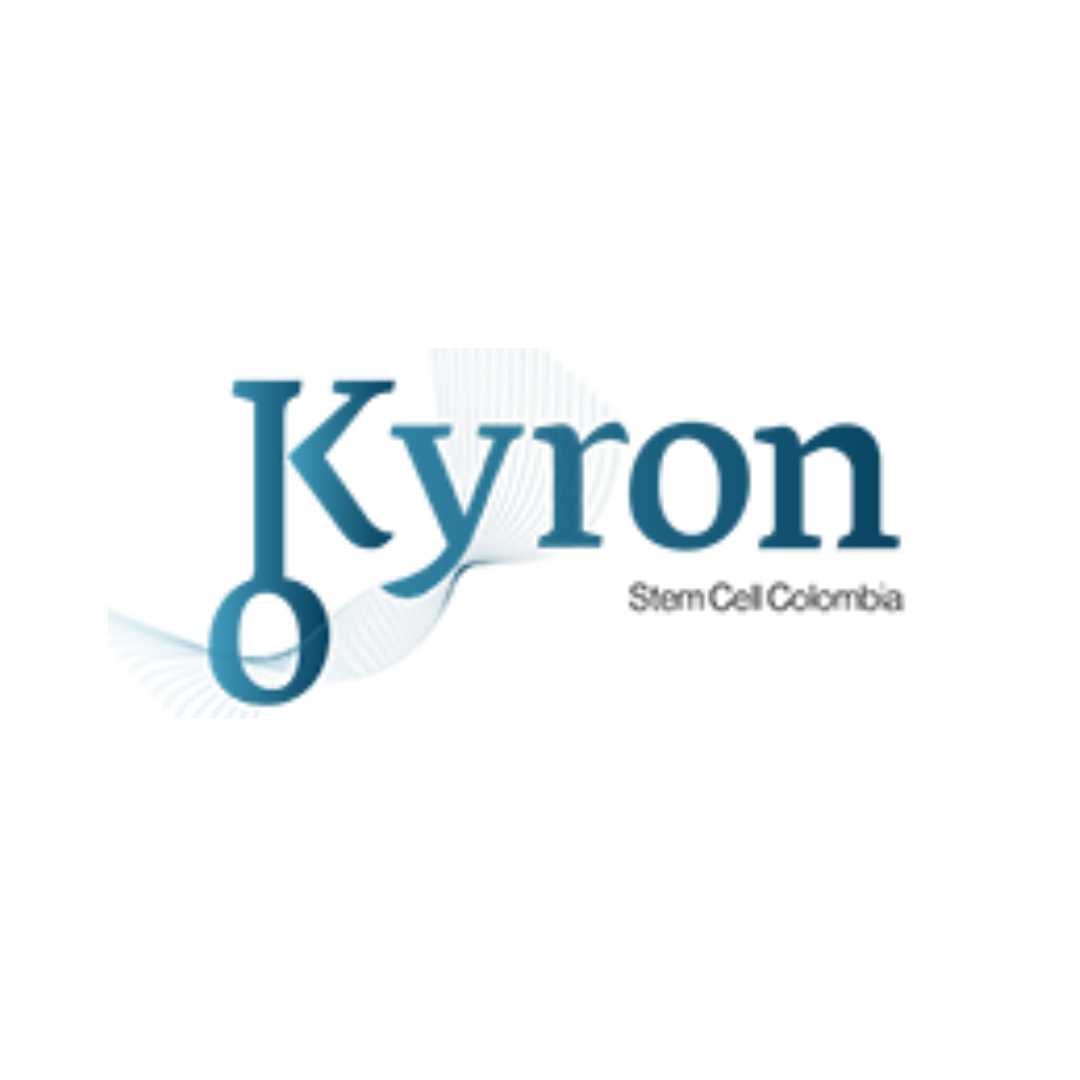

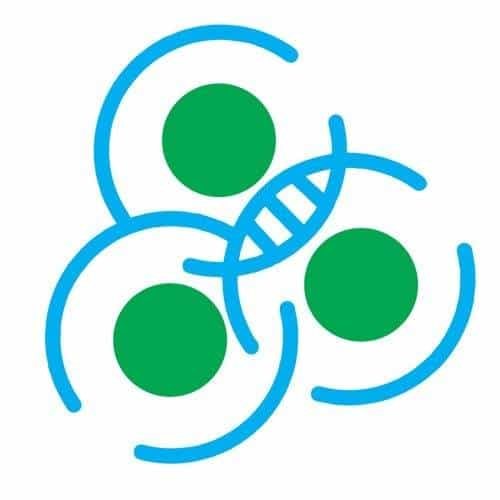
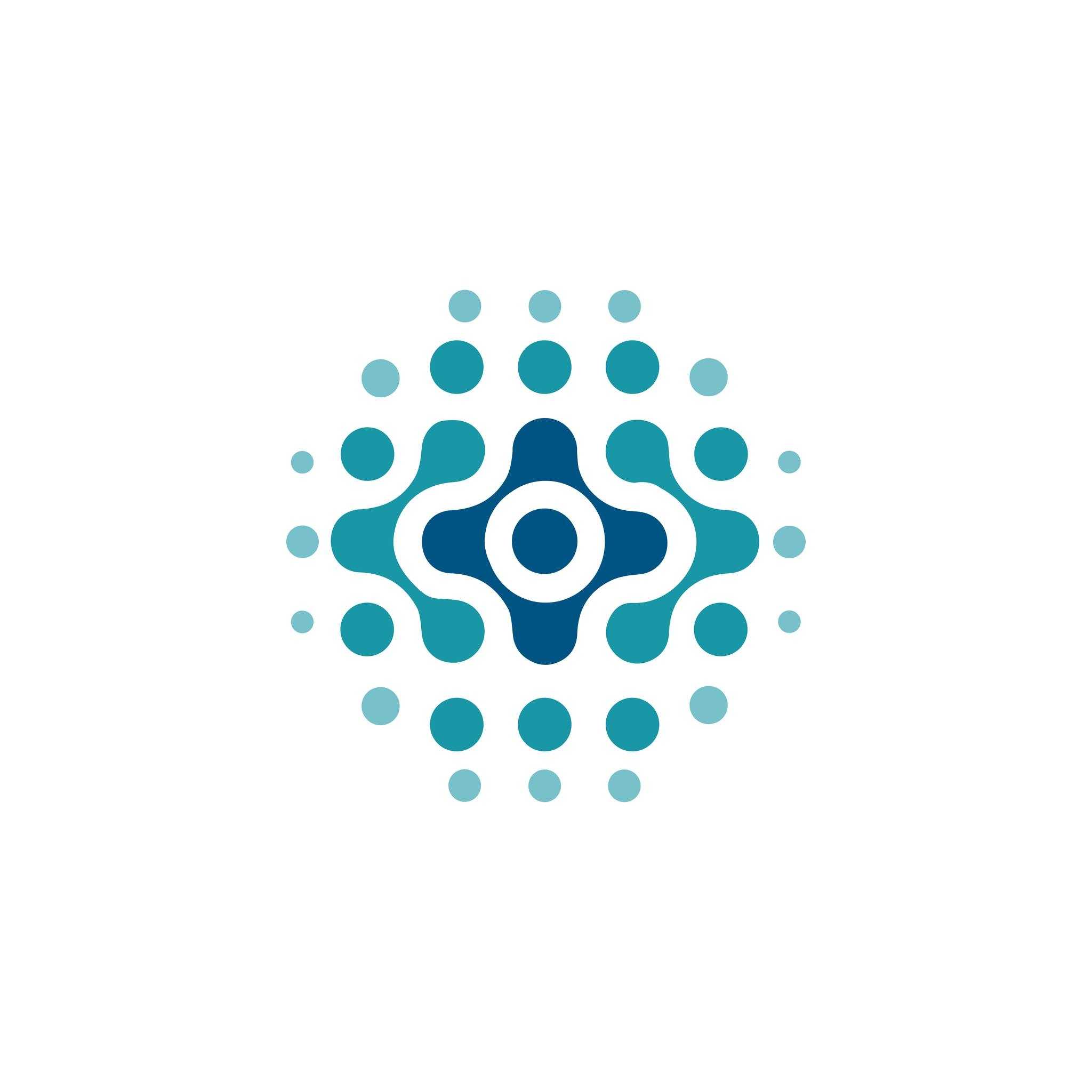
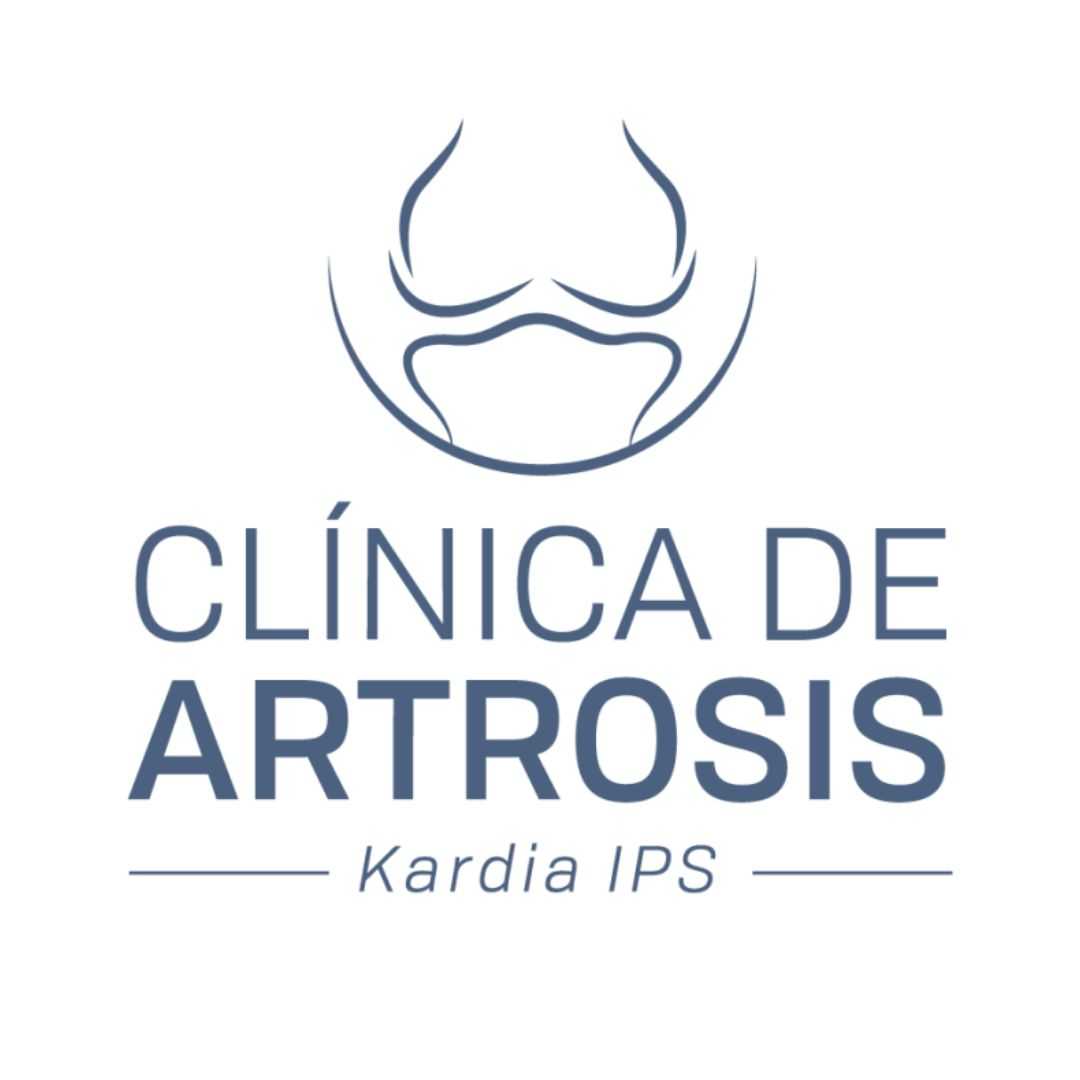

Share this listing